Here are some photos from that day. I was so proud of everyone from my seminar. I know it has been challenging, but these guys made it and made it through strongly.
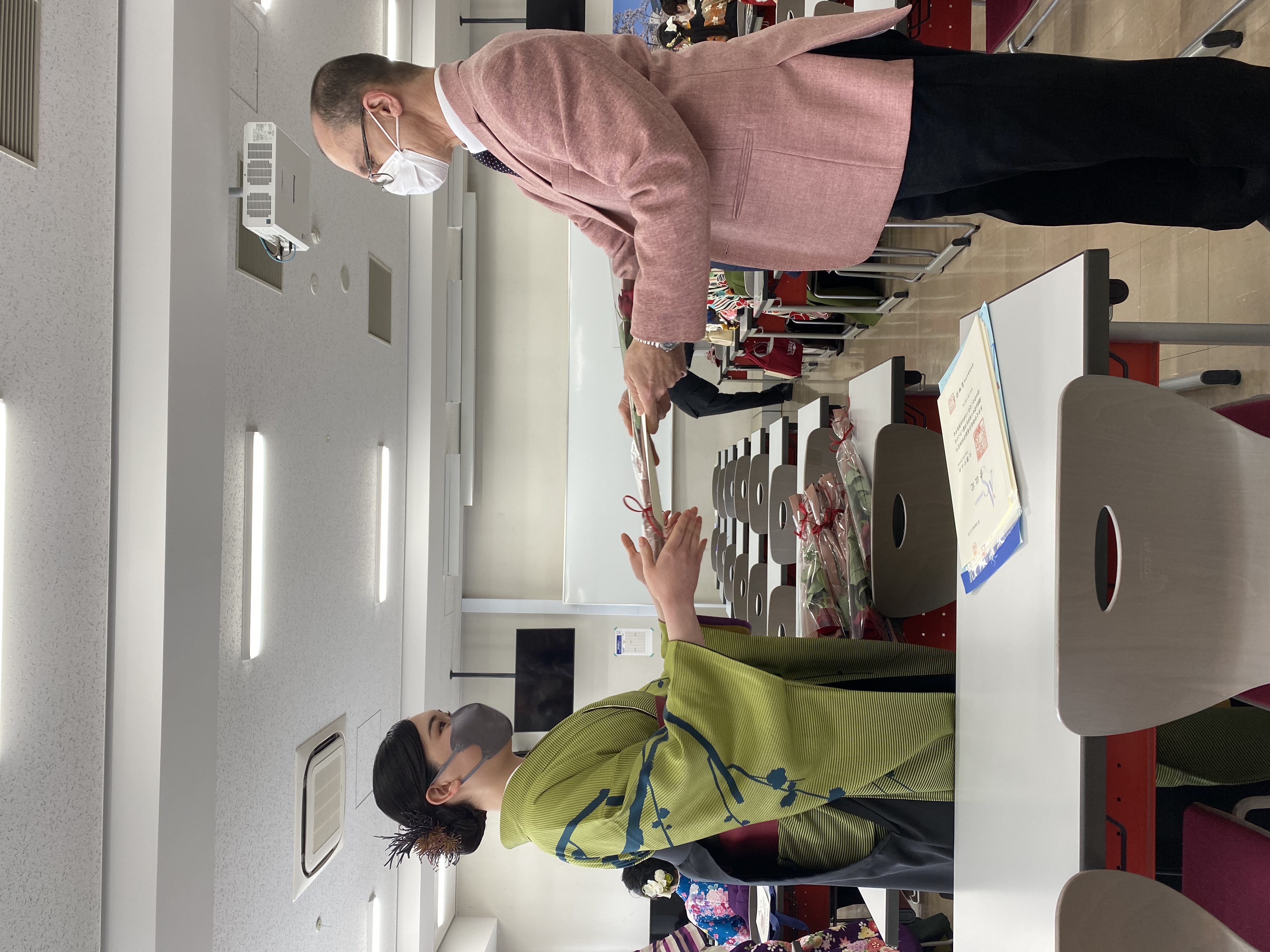
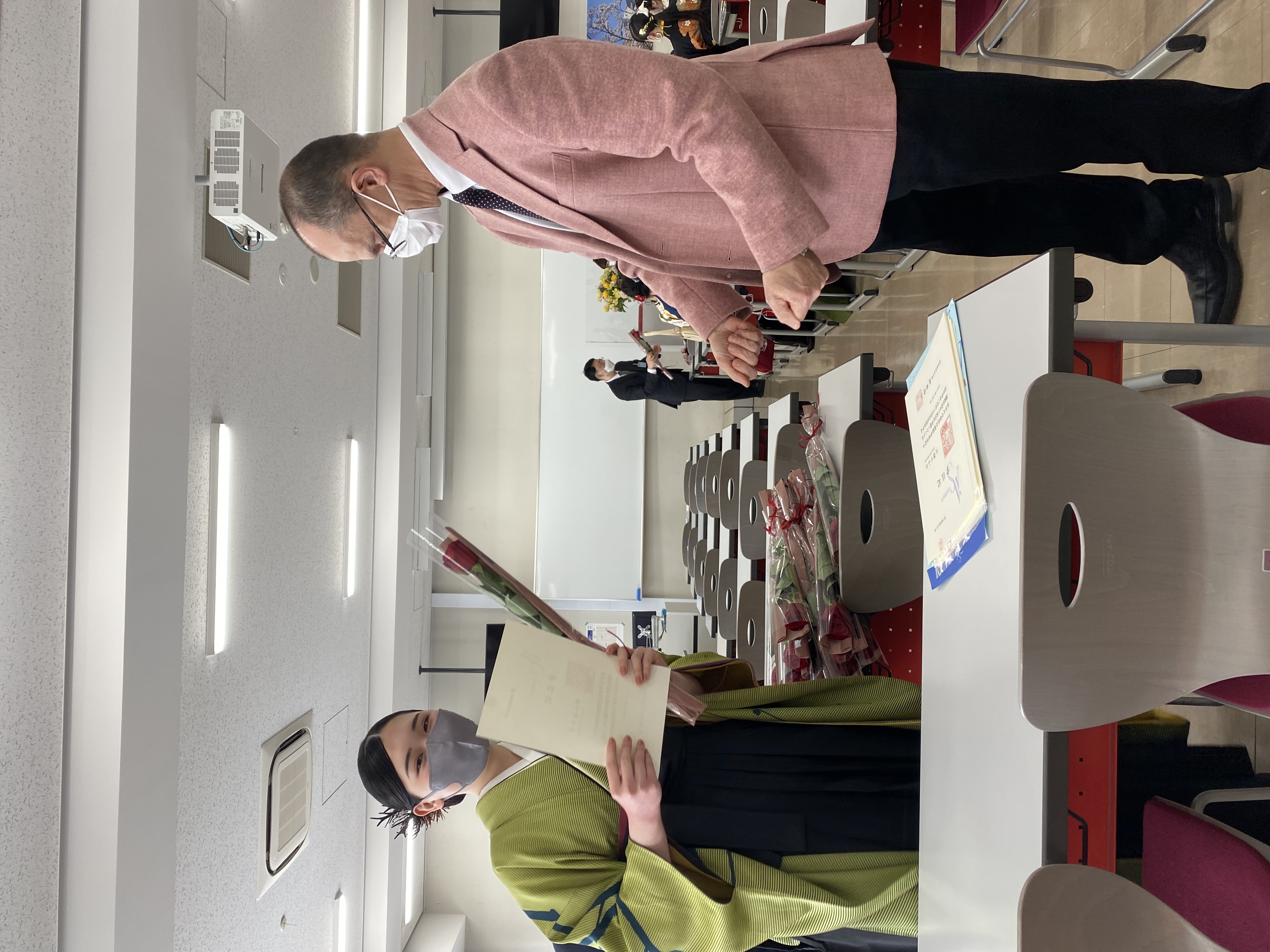
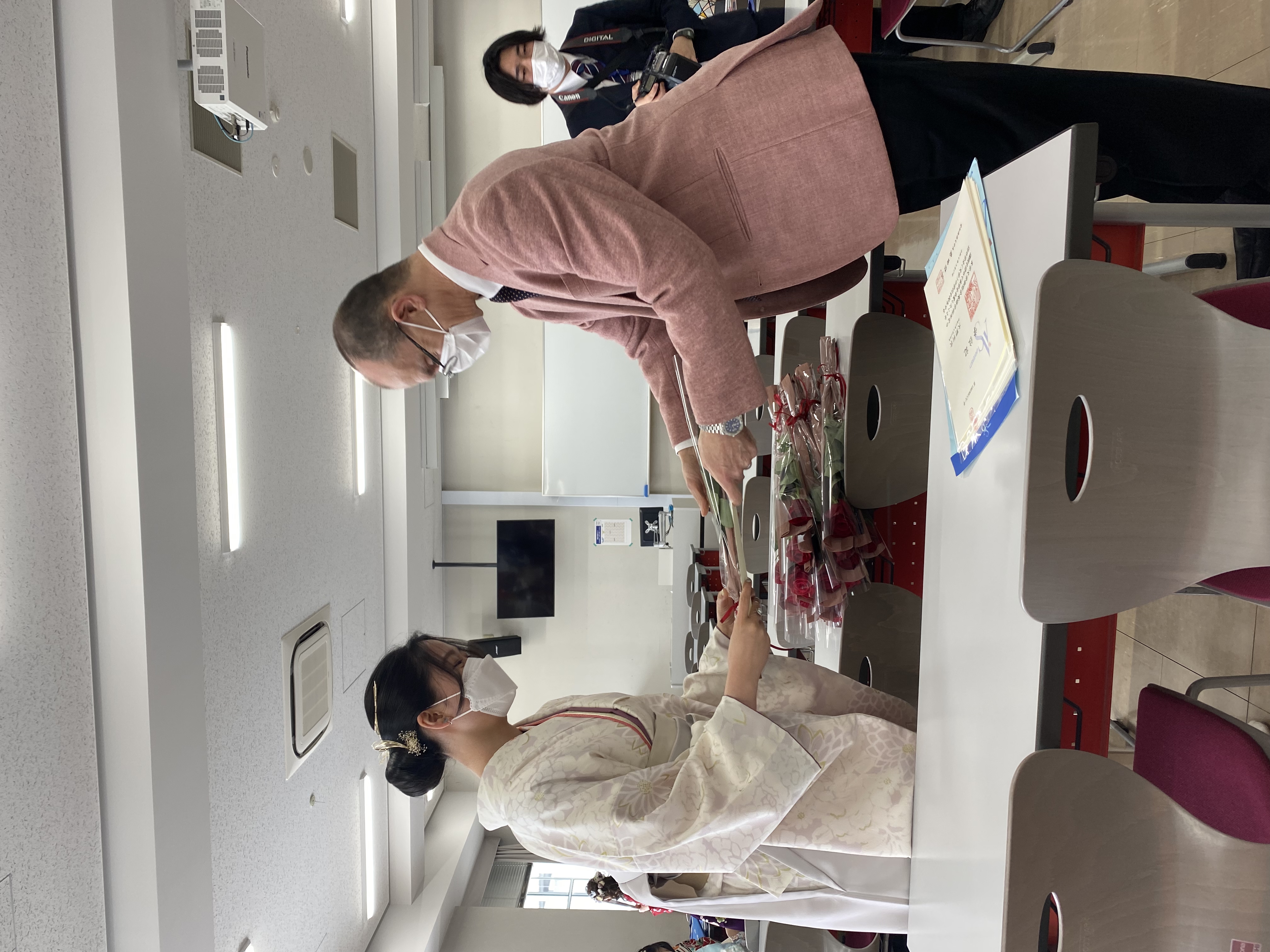
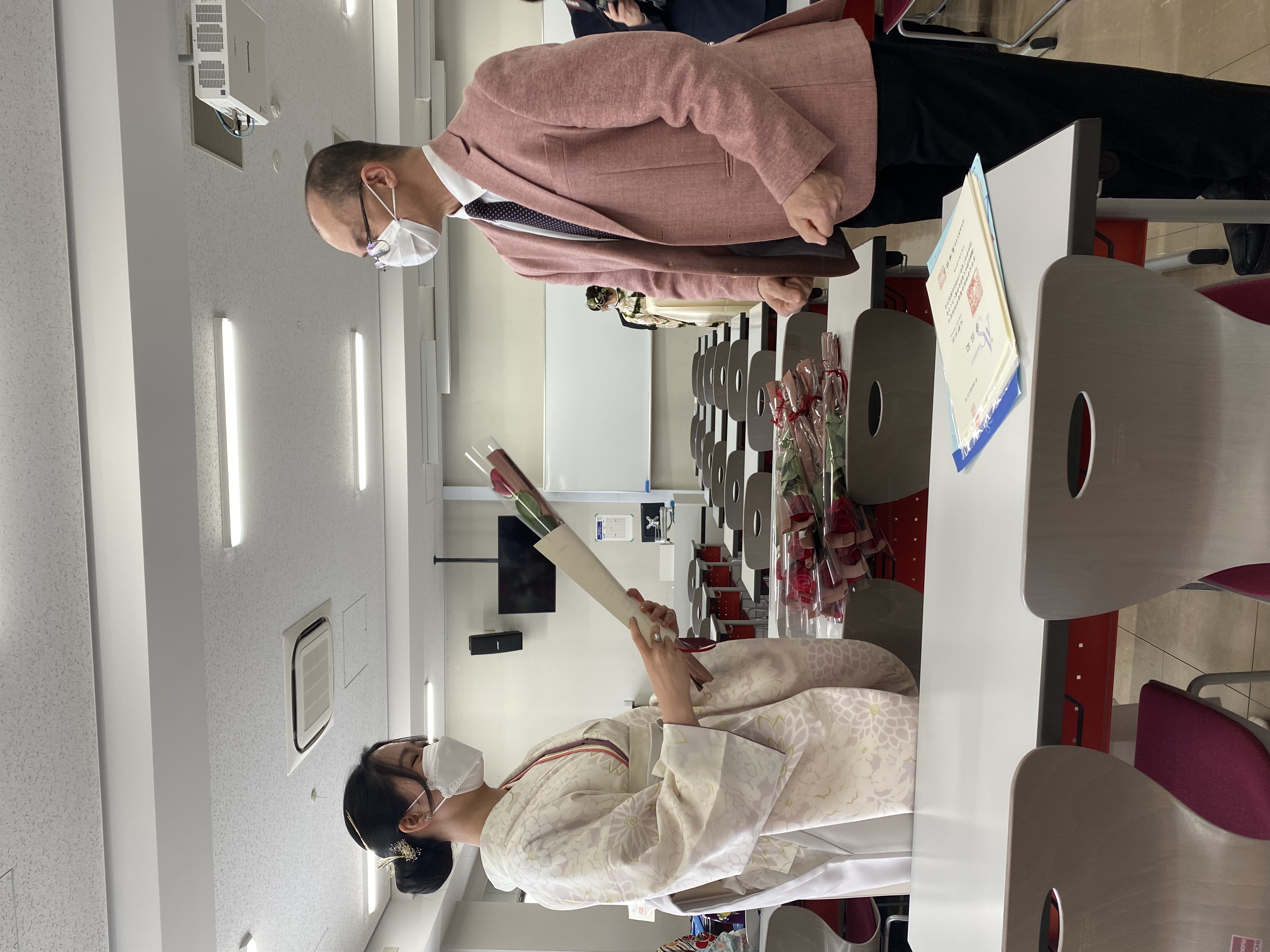
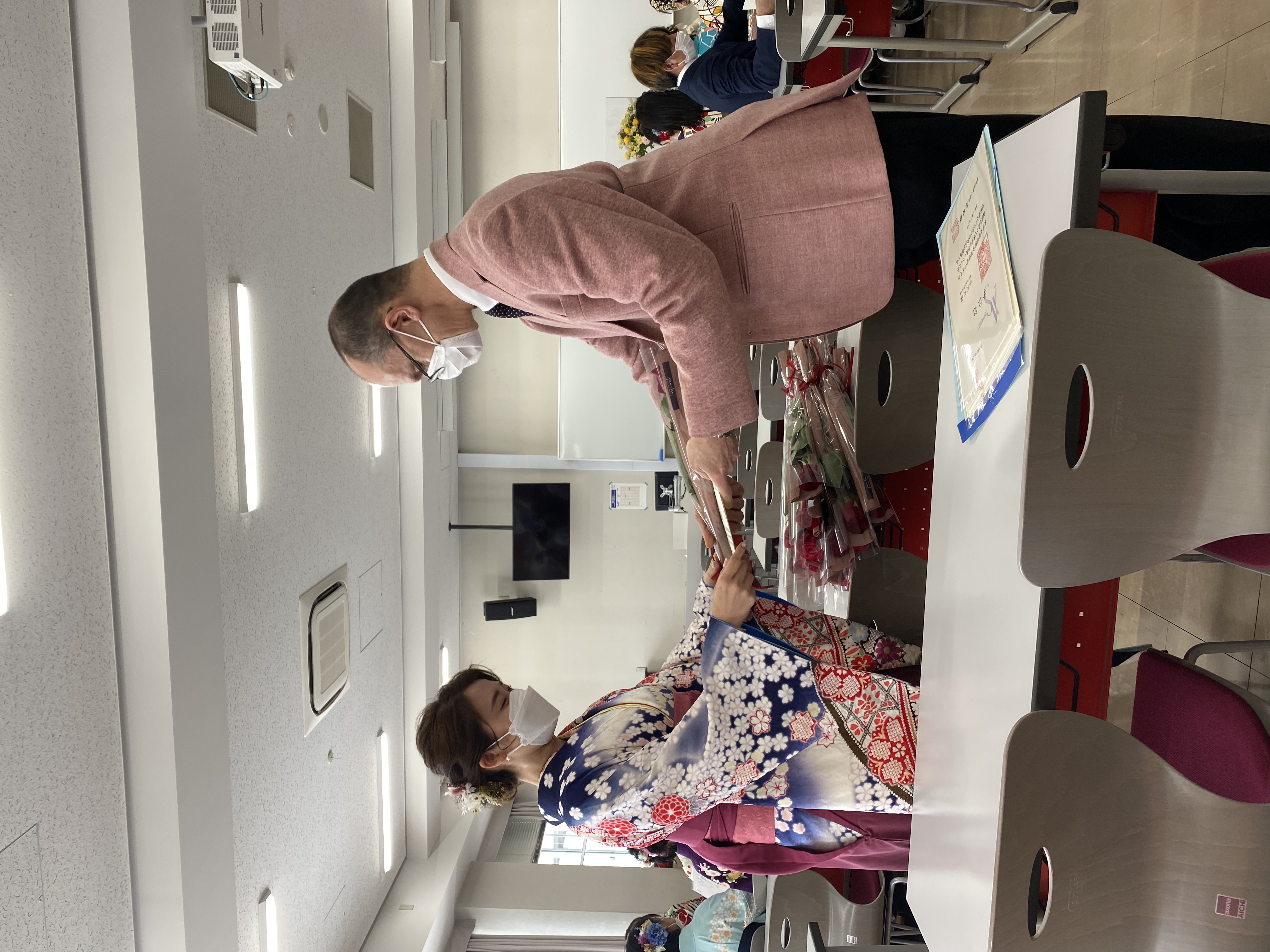
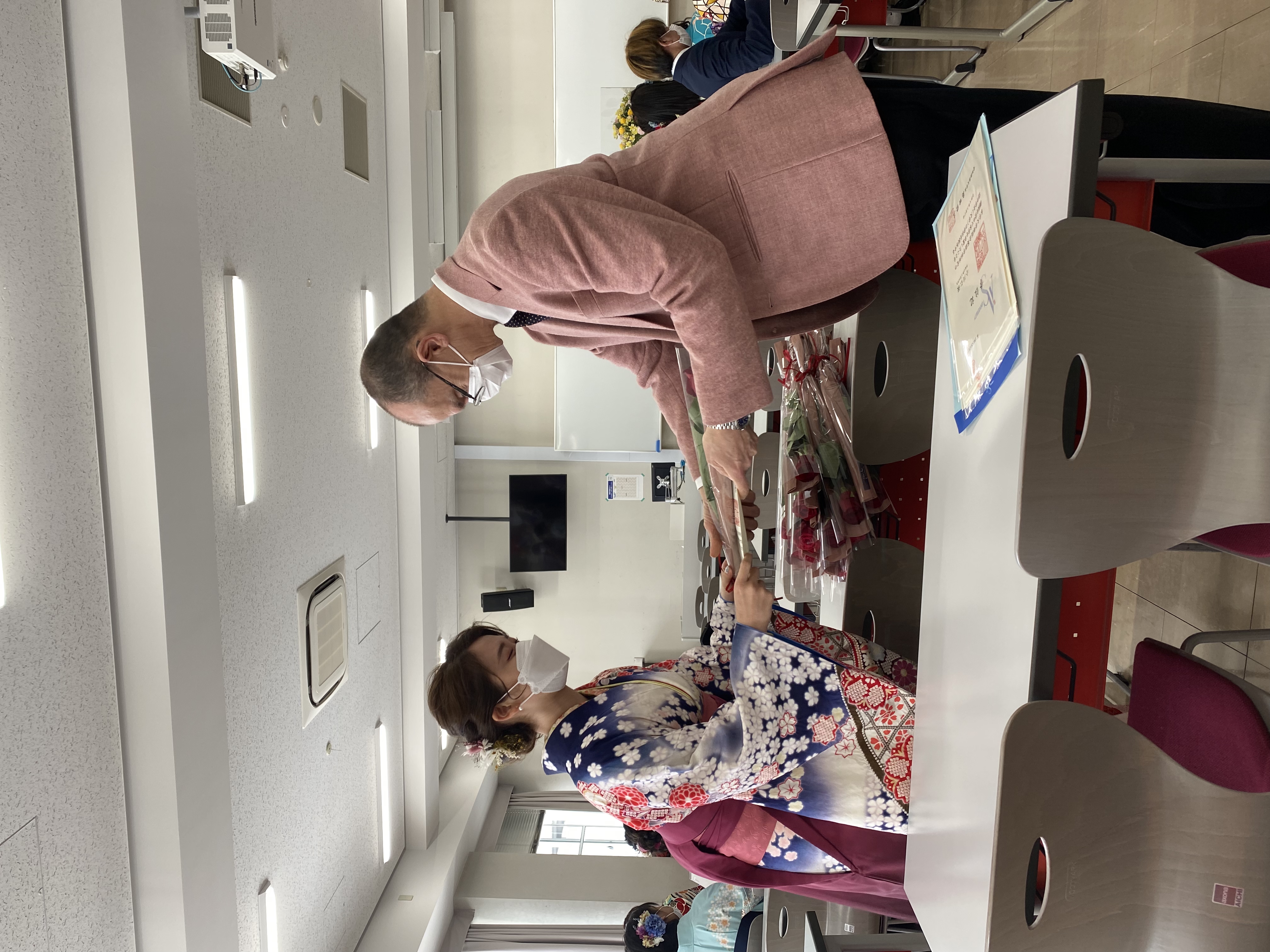
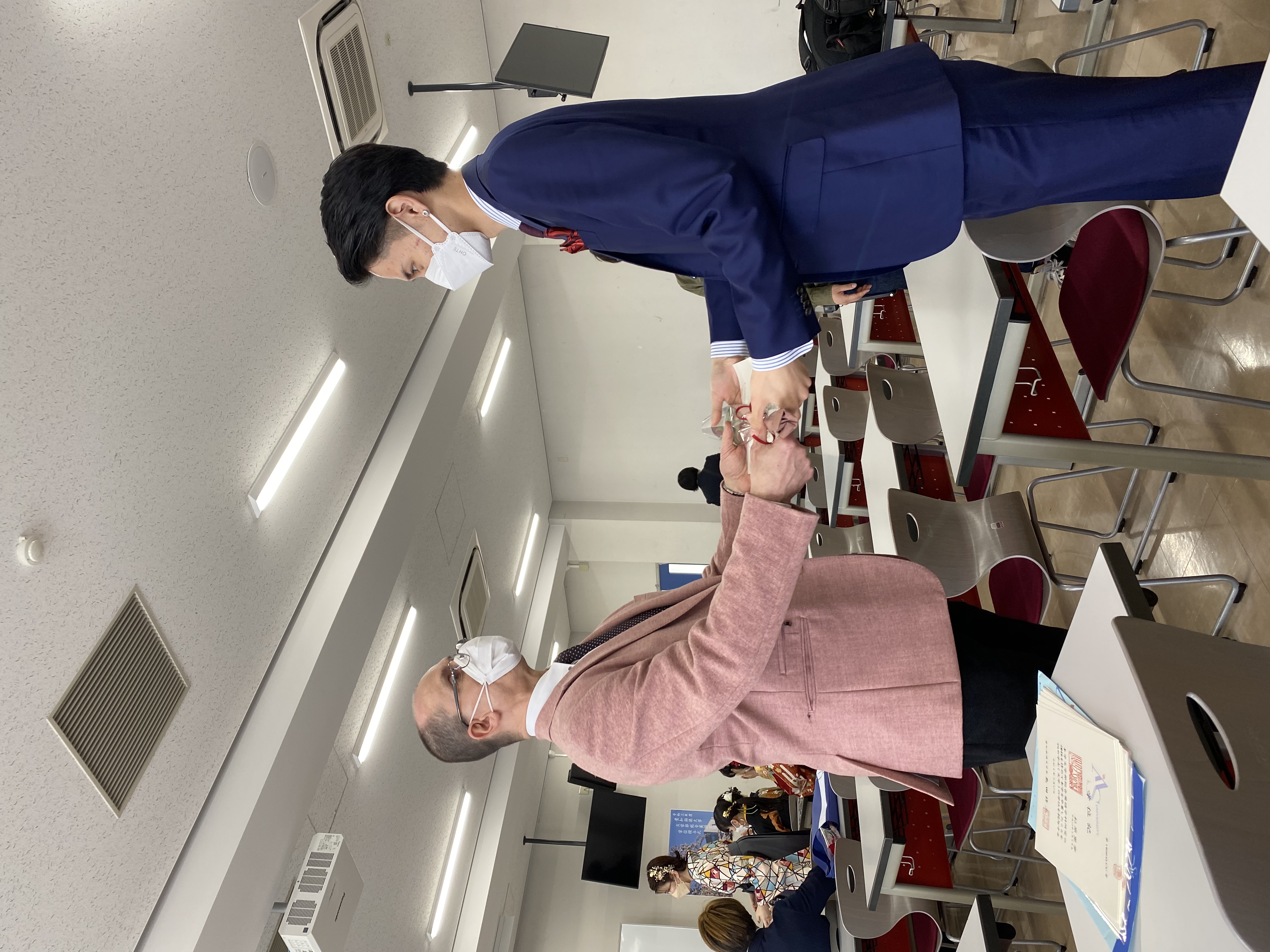
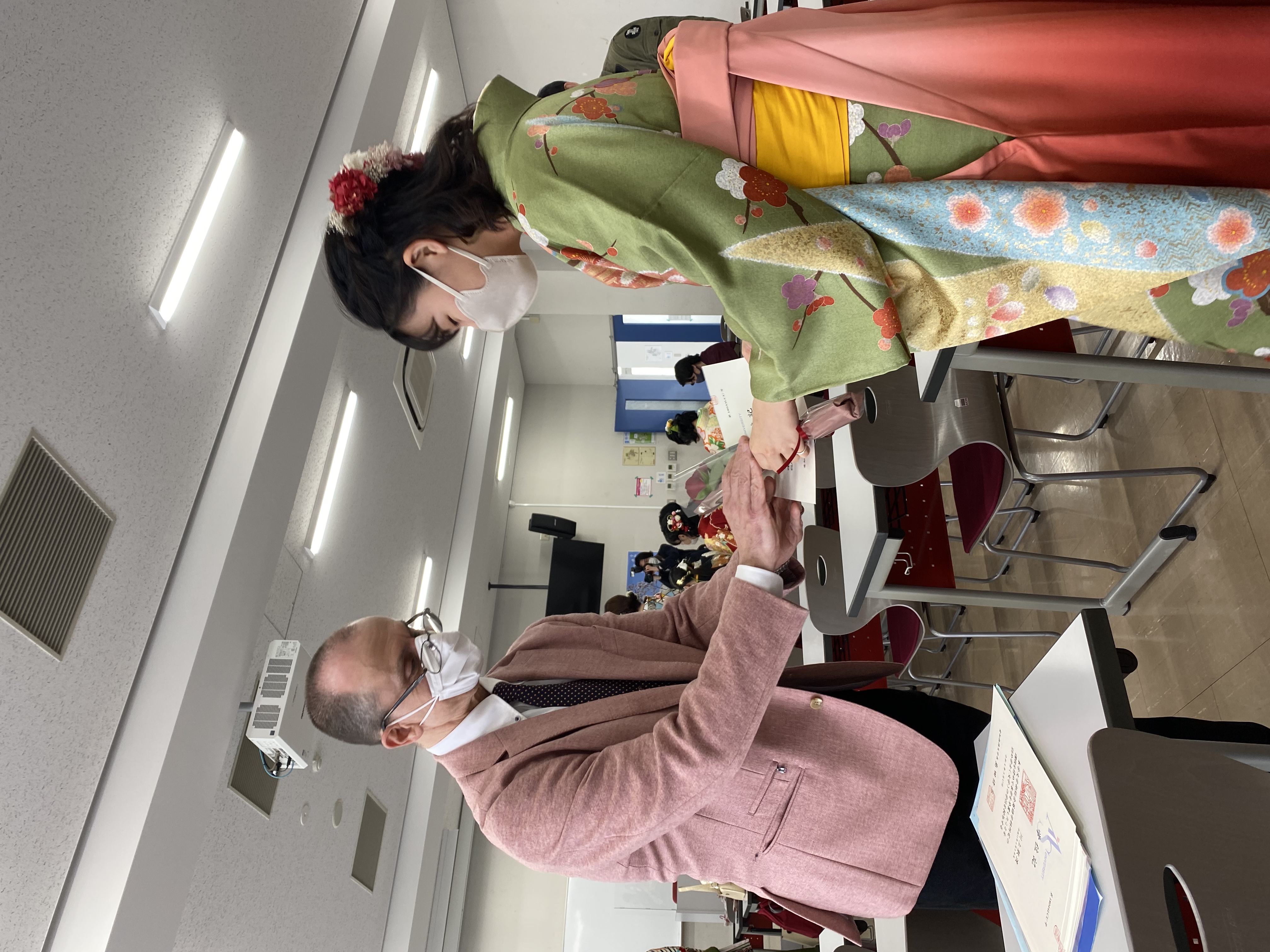
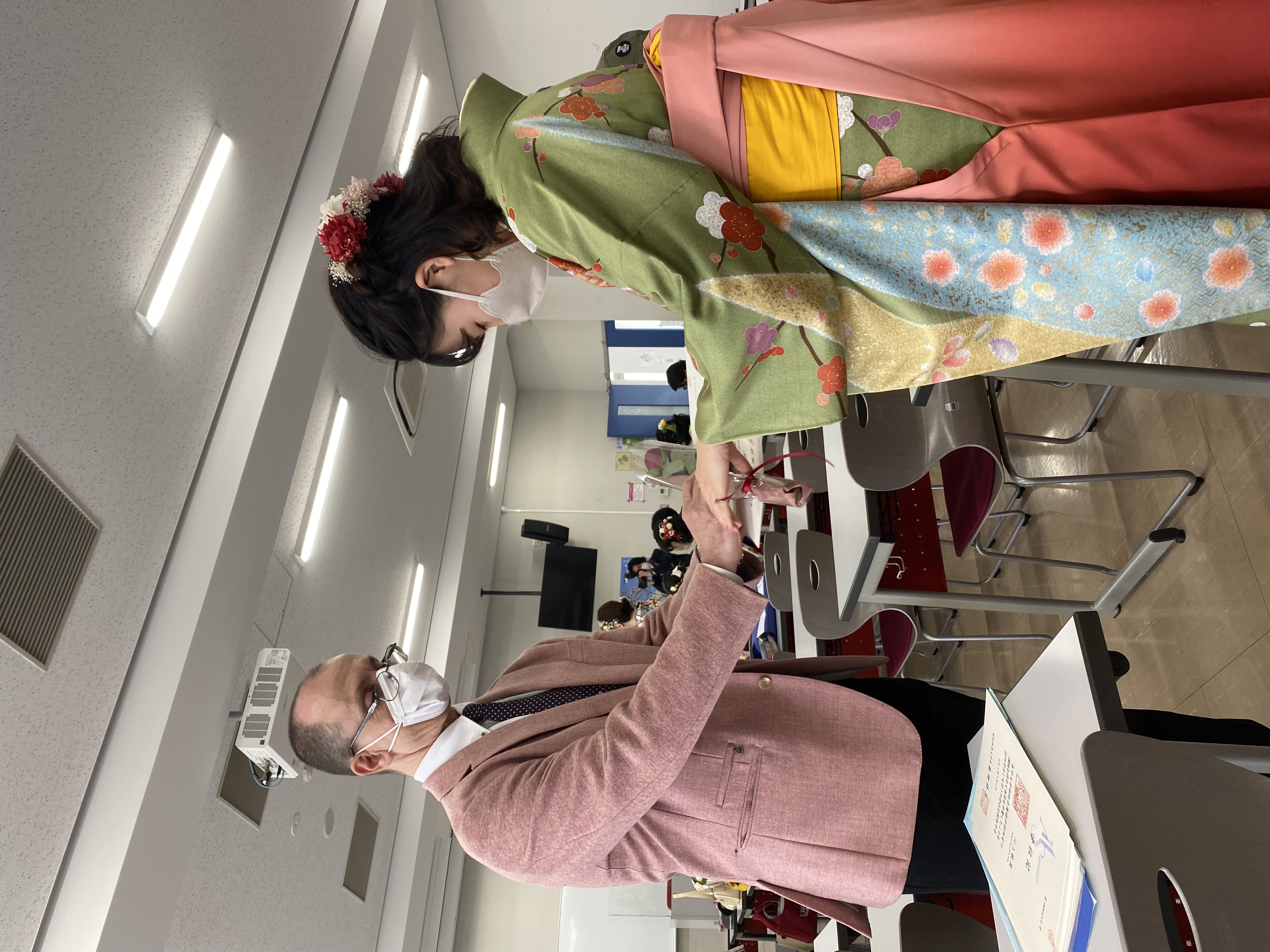



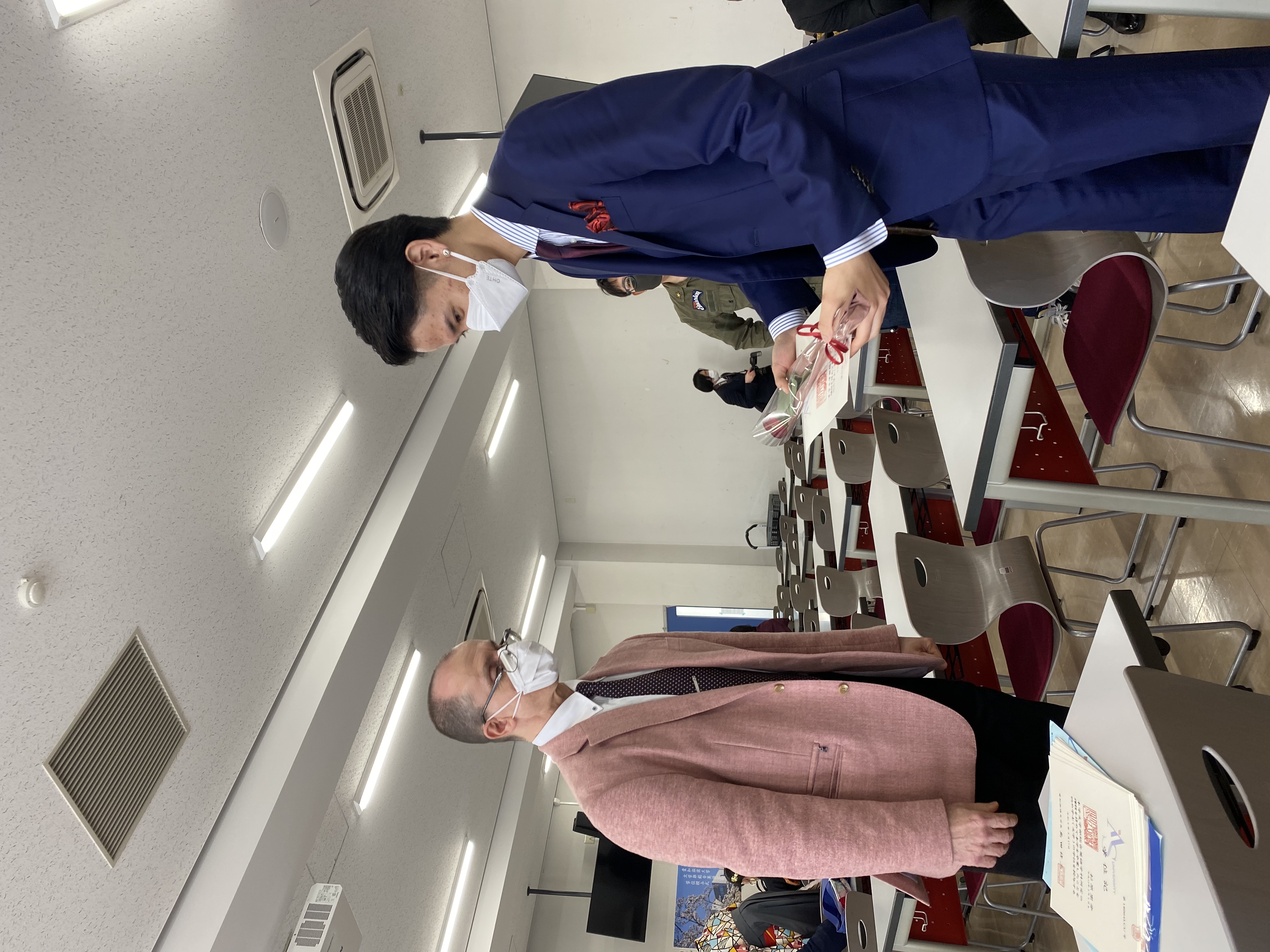



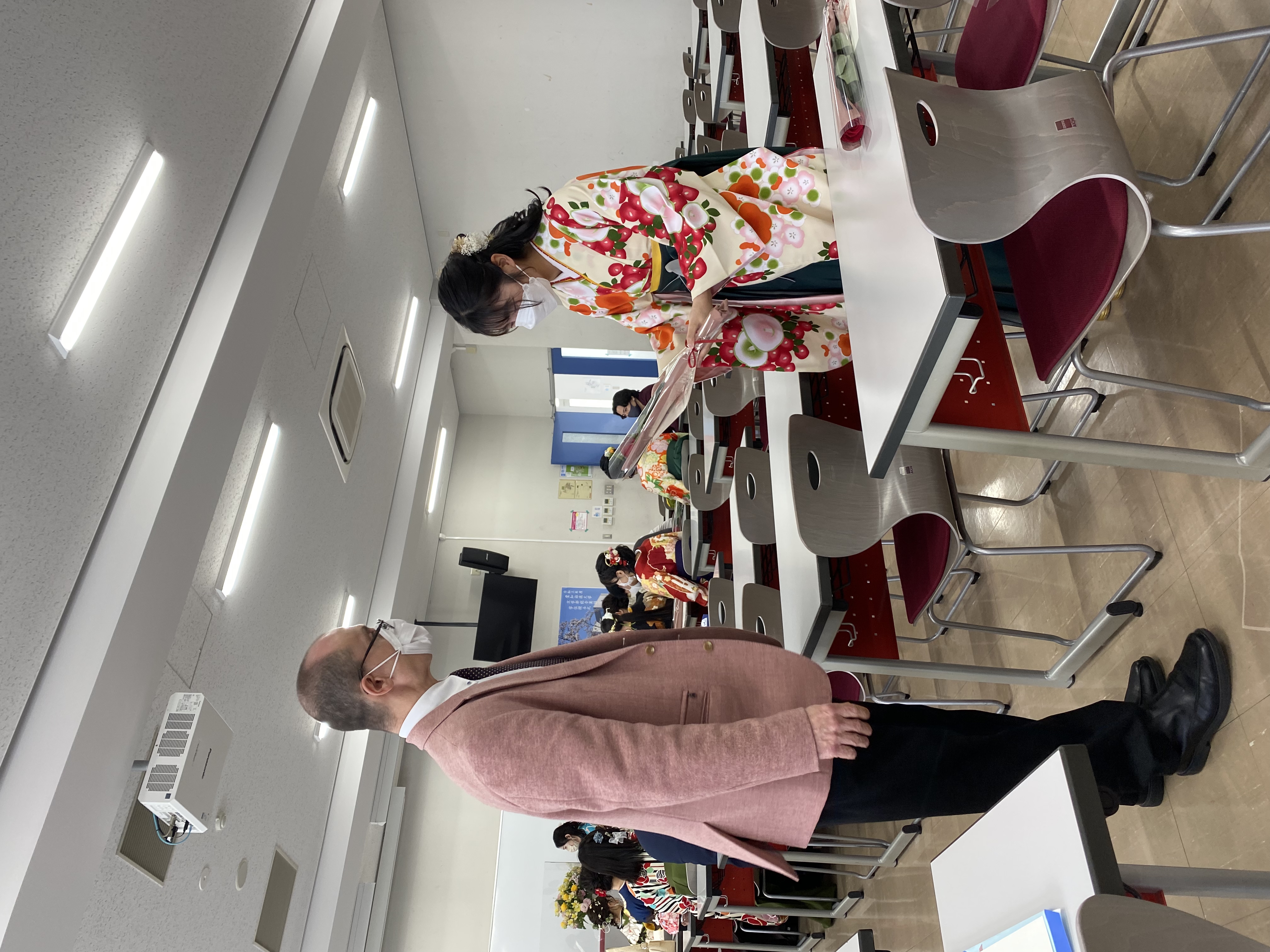
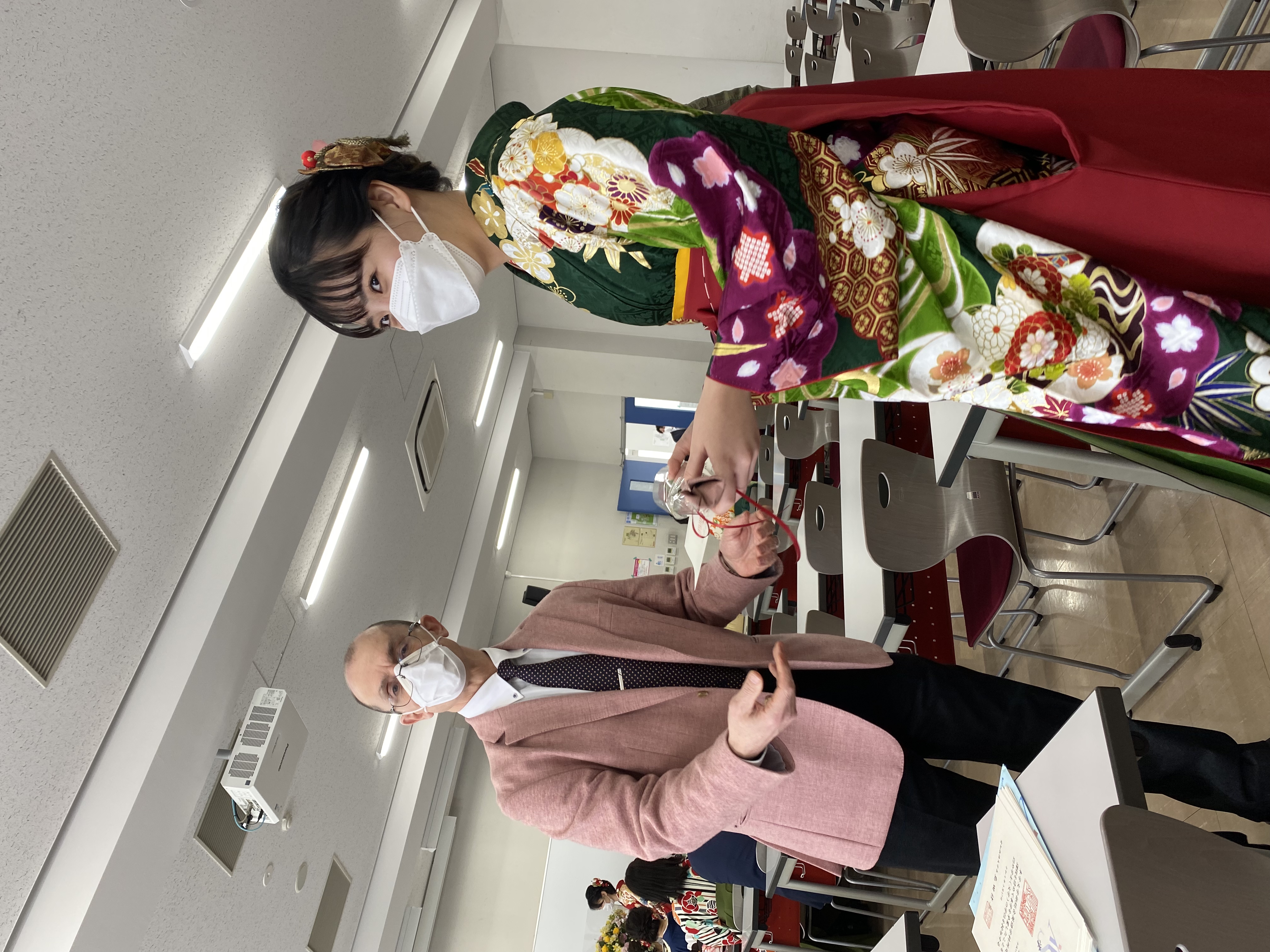



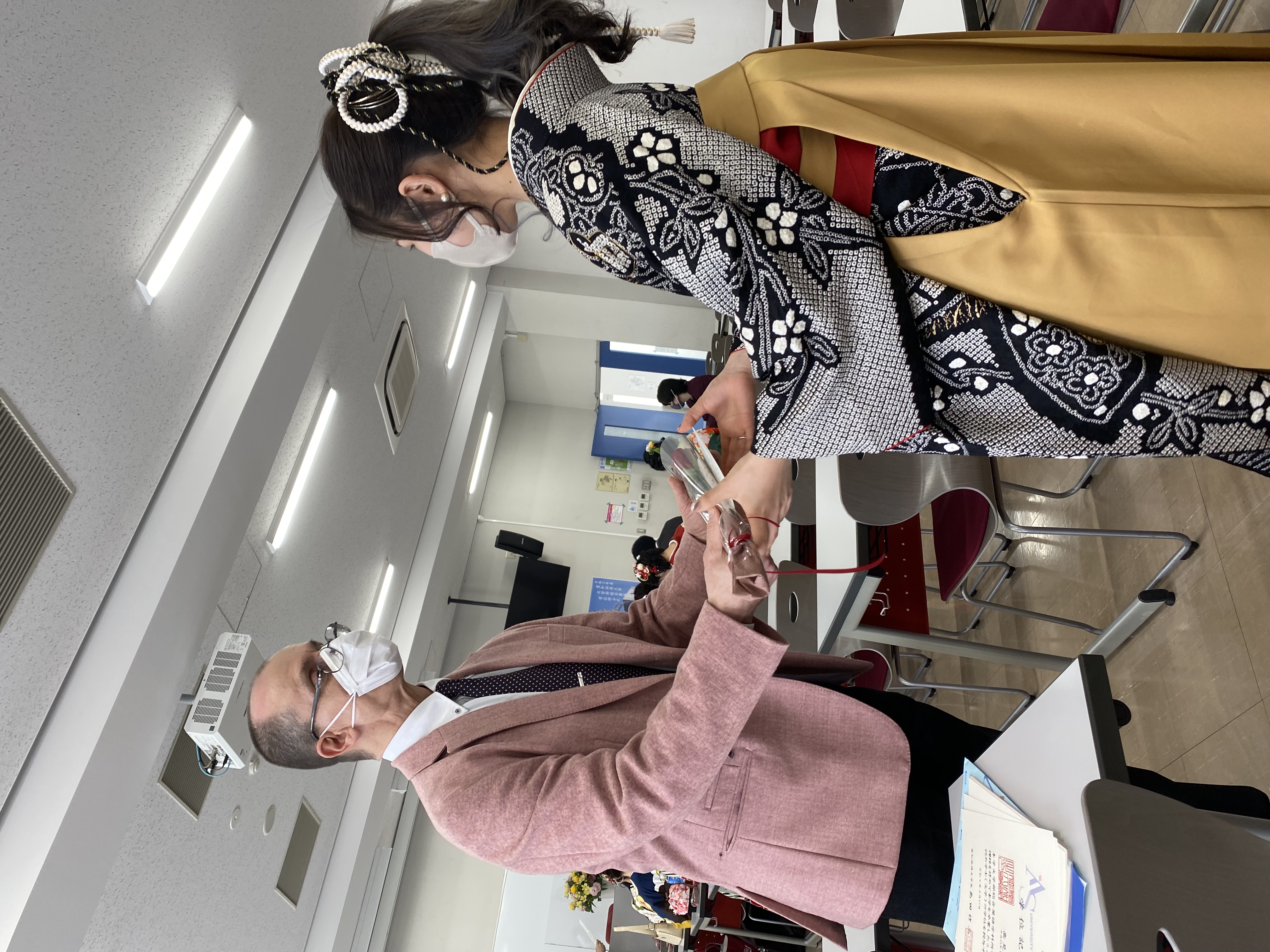

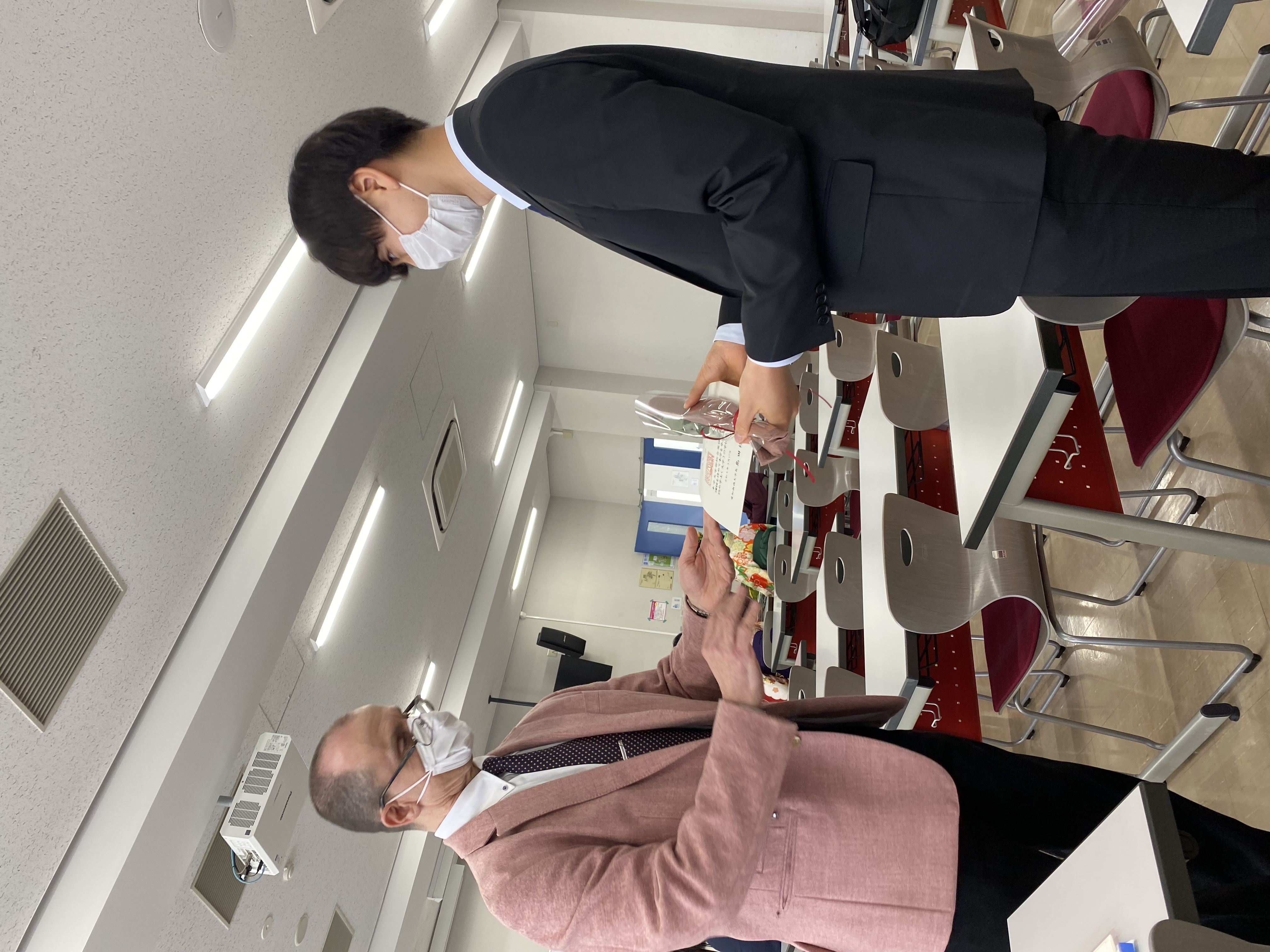

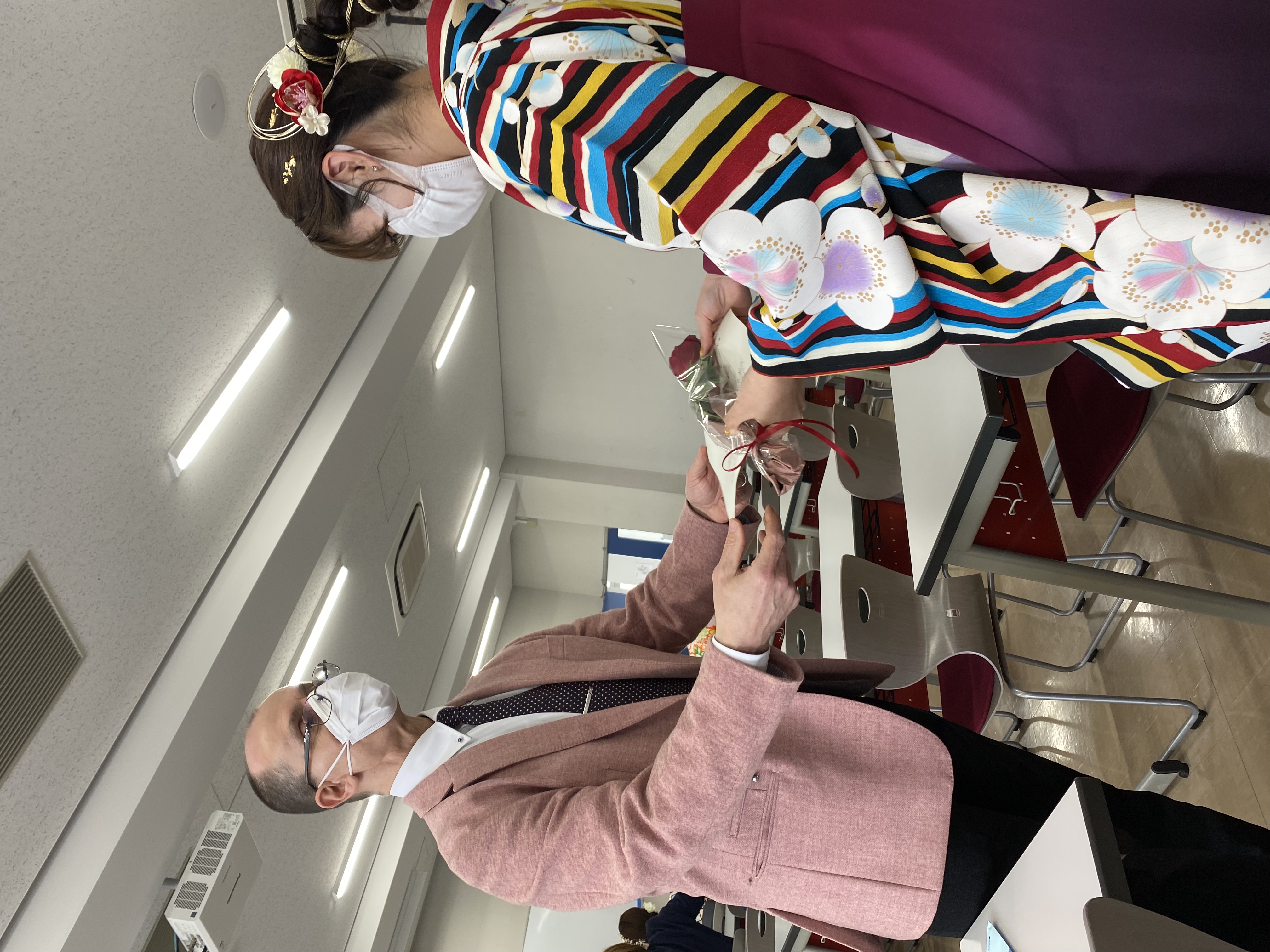





kNow ThiNkIng AllOwEd
Here’s a little something I’m trying
Customers and Clients remain silent. Sometimes, you think, “surely there must be questions” but you can hear your hair grow in the void.
What do you think when there are no questions?
As a professional educator, conference presenter and speaker, I gotta tell you there are times when you are hoping for this, and there are times when you are sooooooo frustrated by a lack of feedback . . . aaaaaaahh
It’s not the questions after all. Why is that?
What we want as professionals, whether its internet marketing or knitting class, is feedback.
Questions are a form of feedback.
They tell us a lot about our market, target, customers or whatever:
Questions tell us first if there is sufficient understanding with which to formulate a question.
Hey, if you don’t get it at all, the best question you’re going to be able to muster is, “Huh?”
This is also useful feedback. It tells us either we’ve missed our market, the material is not clear, or the market for this product isn’t sharp enough to not need Velcro on there shoes instead of laces.
But it’s still feedback, and it’s still valuable.
What about silence?
That’s feedback, too. Problem is determining what caused the silence. Again, there are a few possibilities, and a few we’ve not already covered.
1. They got it. (Could happen.)
2. They didn’t get it, at all. (Also possible.)
3. The audience just doesn’t give a hoot. (More likely than we as marketers want to consider)
4. The group is just tired, wants to go home, get the ‘free’ product you offered in return for their attention or whatever.
Now, which is the best reason? Who knows? Who cares?
How do we get some response so that there is a starting point?
Ahha young Grasshopper, you can move ahead in the class for asking the proper question.
… everything looks like a nail.
A friend of mine when asked a question about solving a certain content management system problem came back with a very detailed, quite concise way that the problem might be solved using a customized script snip to reach a solution.
I’d not want to bore you too much with the technical details, but his follow-up to the question his response sparked started with this statement: “When all you have is a hammer, everything looks like a nail.”
The question of course was “Doesn’t that seem like overkill?” 🙂
What does that have to do with marketing? Success? Getting what you want?
Well, as always, I’m so glad you asked . . .
First, my friend is a programmer, and pretty serious about it. What he does, he does like you and I breathe. Kind of like the folks who still hand code html in a text reader, like Textpad, or Notepad.
How many times have you asked a question, especially a solution based question, and their response revolved around what they knew best?
Of course, it happens all of the time.
What this means for us, is that if we’re looking for a programming solution for our problems, ask a programmer, sales copy solution, ask a writer.
If you ask a programmer about fixing a problem with visitors hitting your order page but not following through I can guarantee you that his (or her 🙂 solution is going to be something script based.
If you like surprises, then ask the sales copy guy how to solve your Linux server issues.
If not, and you’re really looking for a way to handle the nail, ask the guy with the hammer.
Want to know when the time is right to take action? When is it time to stop asking questions?
Sometimes I get a little bent, I admit it. I ask questions, of others, of myself, the Supreme Being. I also remind myself to ask another question.
“Why am I asking?”
The answer to this question is the real key.
So many people are looking for someone else to point them in the right direction, to validate their plans, their ideas, either negative or positive, while they sit.
They sit!
Then they can say, “well, I asked, and this is what so-and-so said, or thought, or was thinking, or hypothesized would happen, could happen, should happen, but I’ve never really tried it.”
Or even if they *did* try it, who cares?
You are you. Your situation is different from those around you. What you bring to the table is your uniqueness, but you try to give that up by following the herd.
Ask yourself, “Why am I asking?”
And answer truthfully.
You may already have the answer. In that case, you should stop reading now, and get to *doing*.
Analysis should be used the most as applied to results.
If you are asking so that someone else can tell you your idea stinks, or rocks, even, you are asking the wrong questions, and for the wrong reasons.
Doing brings the results you seek.
Asking may only bring you an invalid validation.
Are you still here? 🙂
Let’s move out!